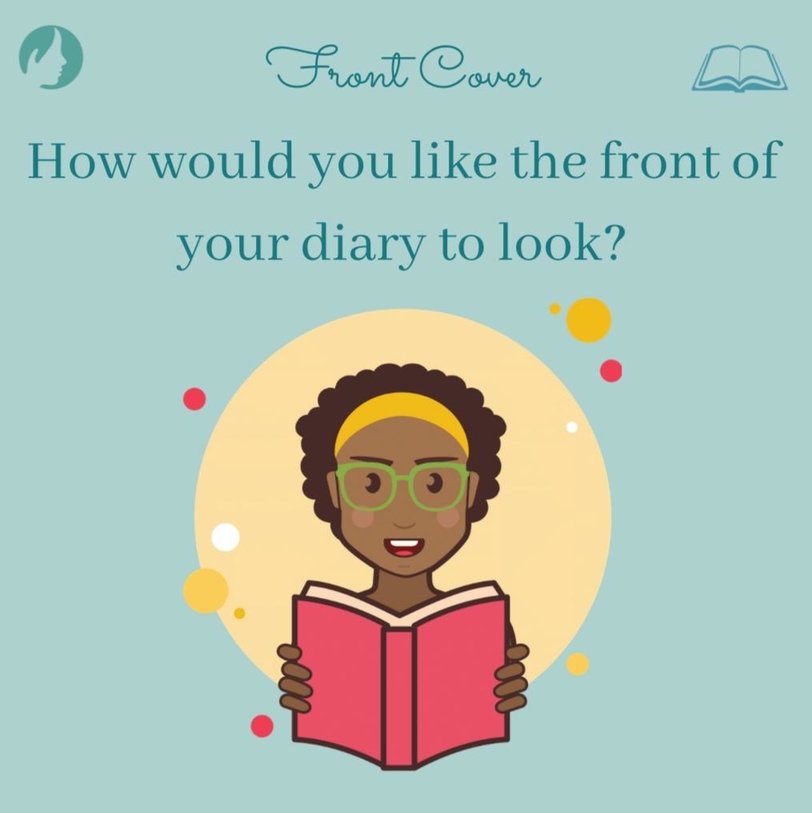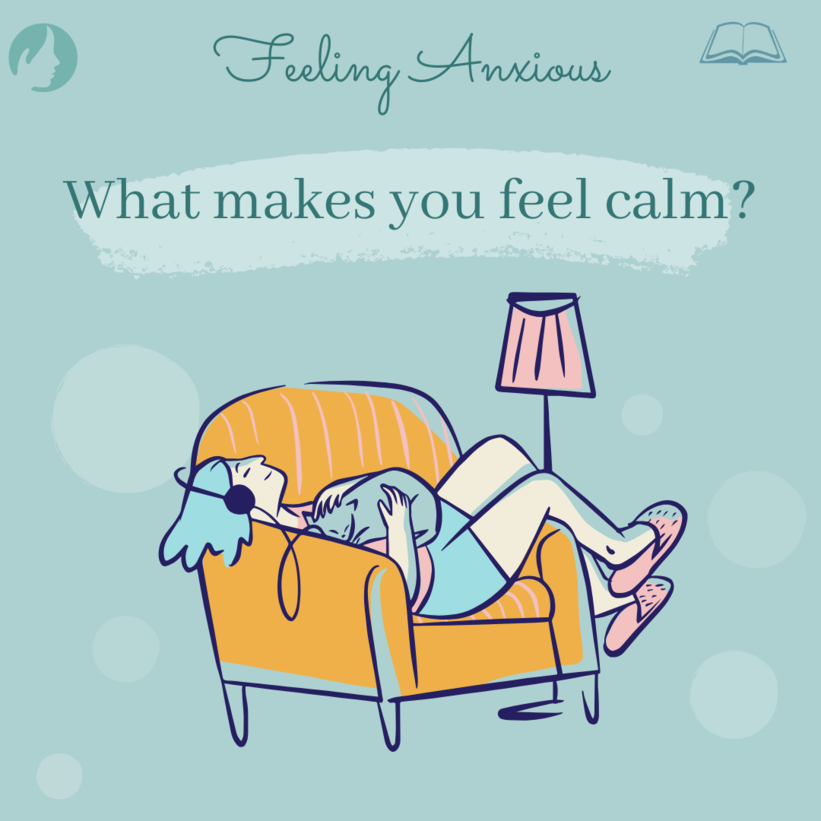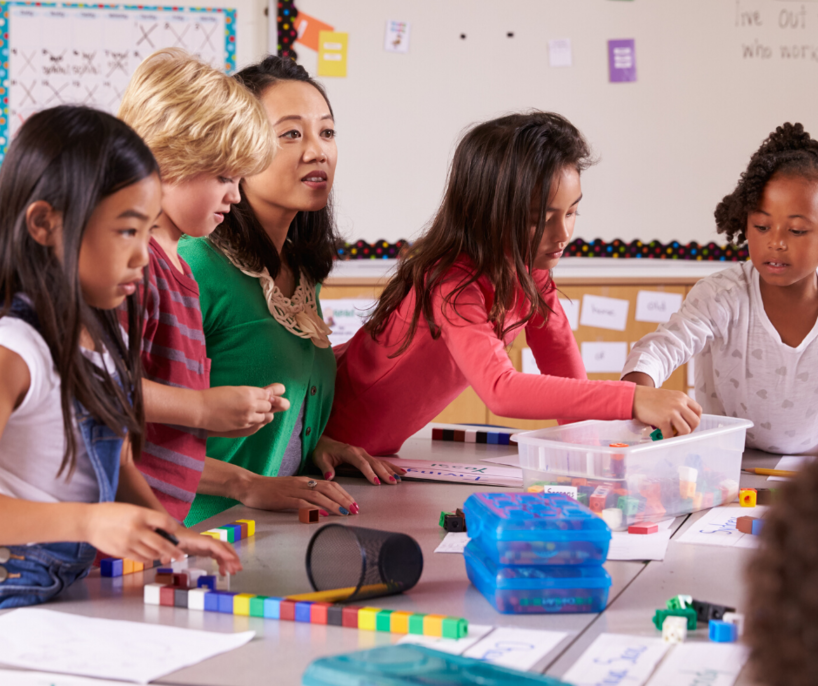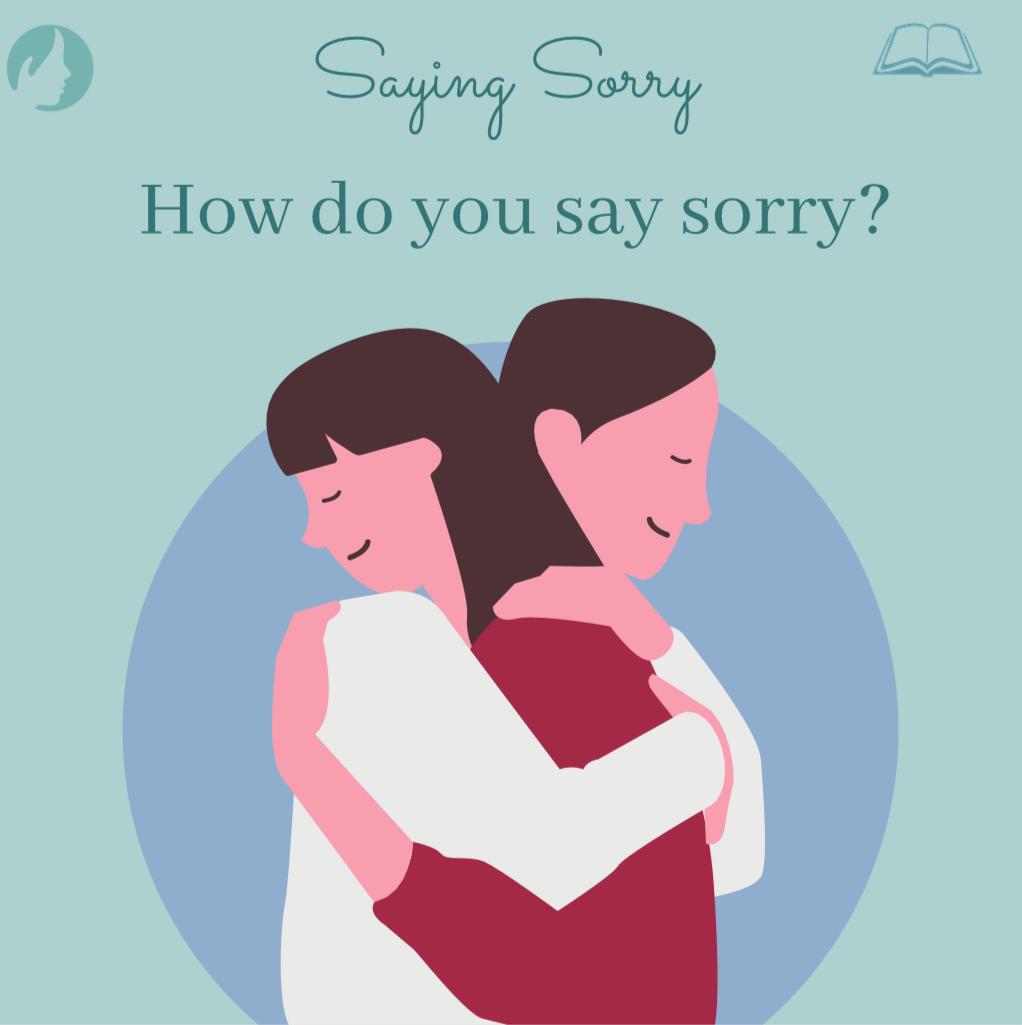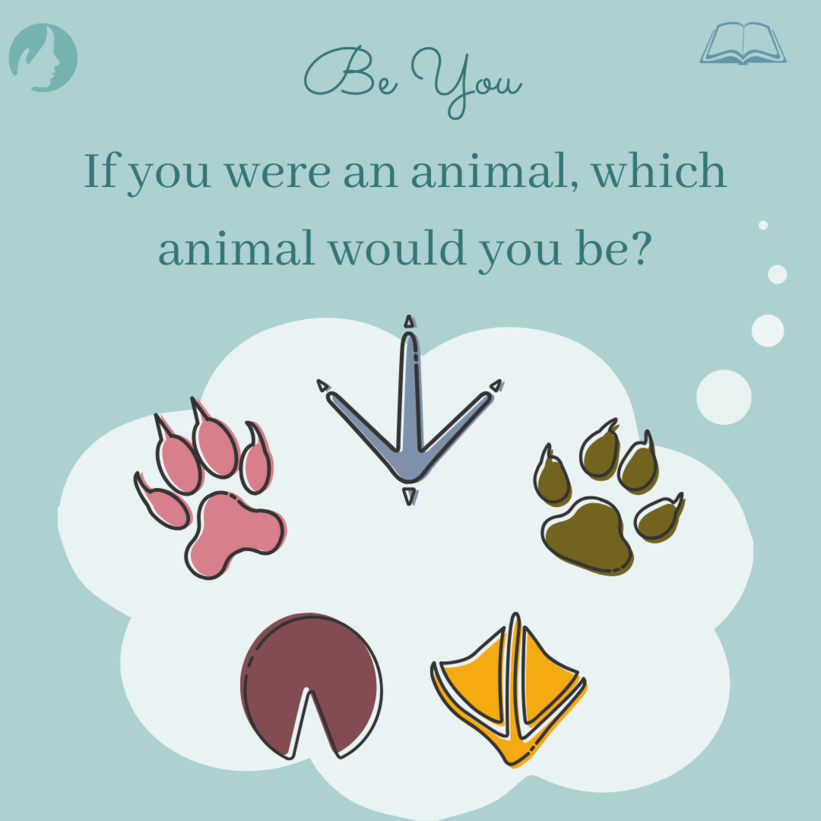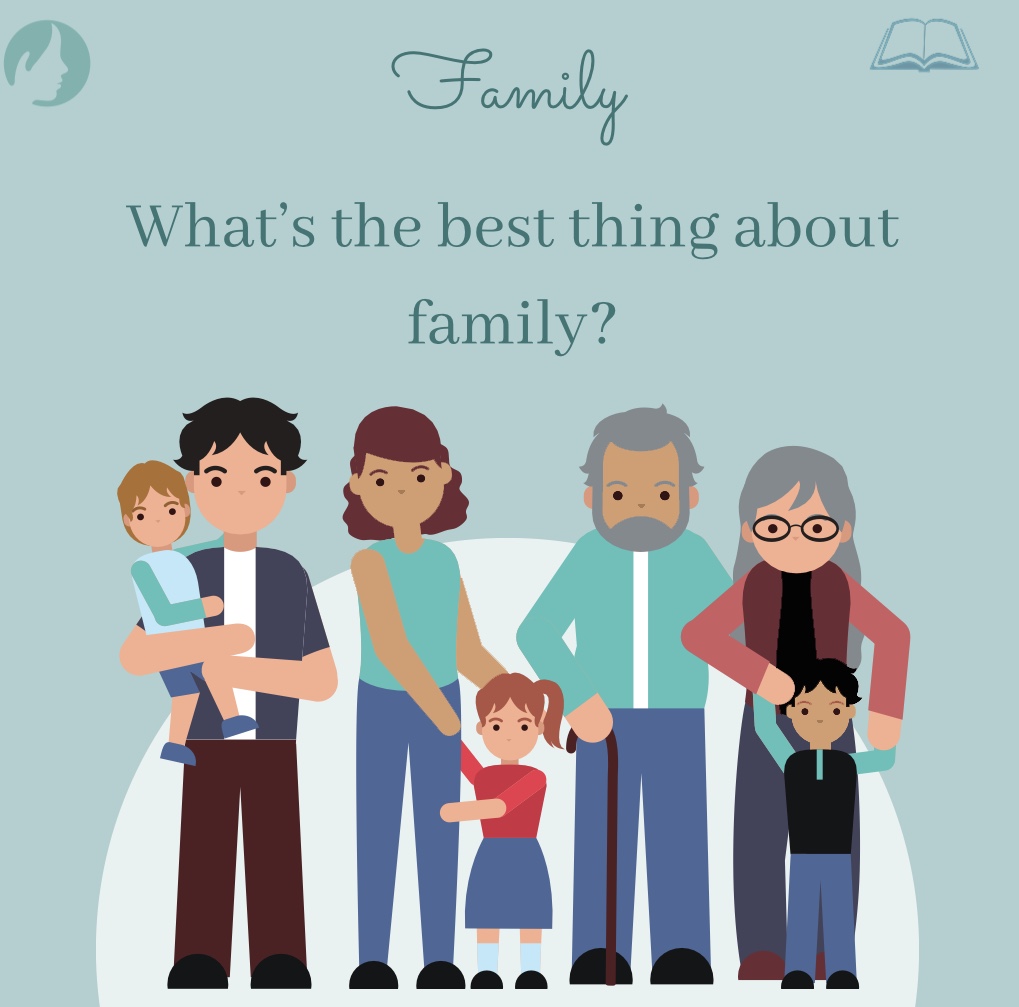First impressions count. How would you like the cover of your diary to look?
Continue readingMaking a book activity 11: Role models
We all need role models, to learn from and to aspire to. It’s also really important to have mentors, people you can talk to, ask for guidance and share your feelings with.
Continue readingMaking a book activity 9: What calms you?
What helps you to manage when you’re nervous? What eases the butterflies in your tummy? What helps you stay when you want to run away? What calms you?
Continue readingBack to school on June 1st?
Whenever your child returns to school, she will need your reassurance that it’s safe. Expect a period of adjustment and take time to reconnect with the pattern and pace of school life.
Continue readingMaking a book activity 8: let’s rate the date!
What makes a great date? Which dates are your best and want to repeat?
Continue readingMaking a book activity 7: being strong
Saying sorry takes strength. What ways we can show that we’re sorry?
Continue readingMaking a book activity 6: our strengths
The power animal you pick says a lot about you.
Continue readingMaking a book activity 5: Family
What makes family important? Who in your family is special to you?
Continue readingMaking a book activity 4: what does good friendship look like?
a relaxing colouring-in activity for you to do with a friend
Continue readingMaking a book activity 3: what do you want your diary to look like?
Help us choose the overall design of our Mother-Daughter Date Diary
Continue reading